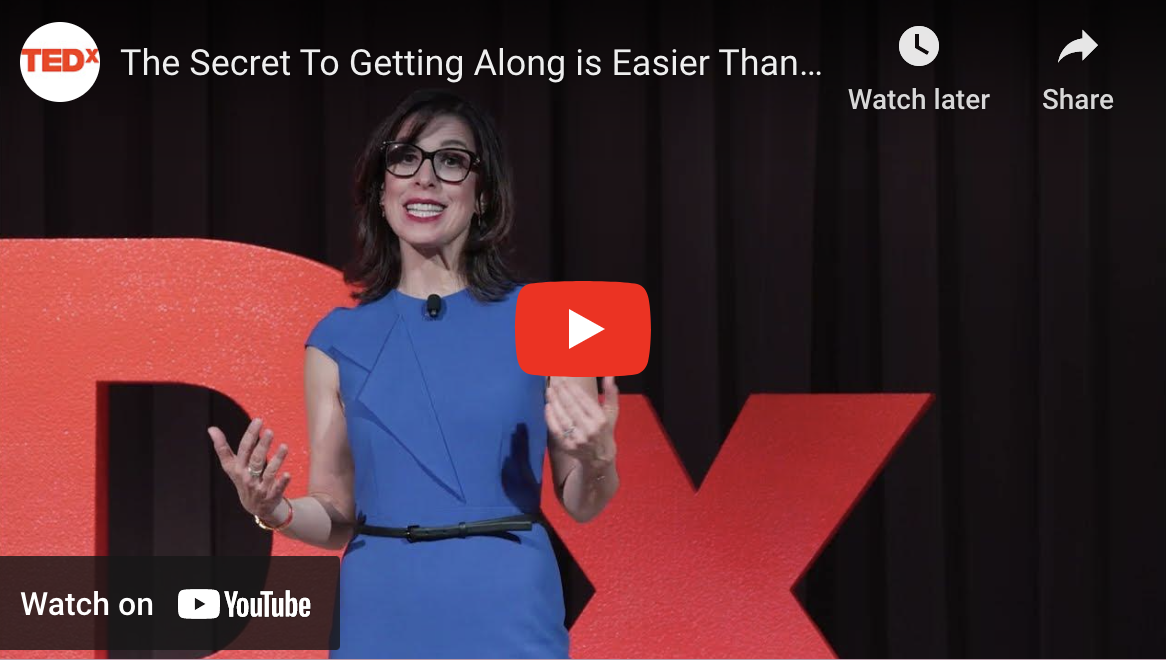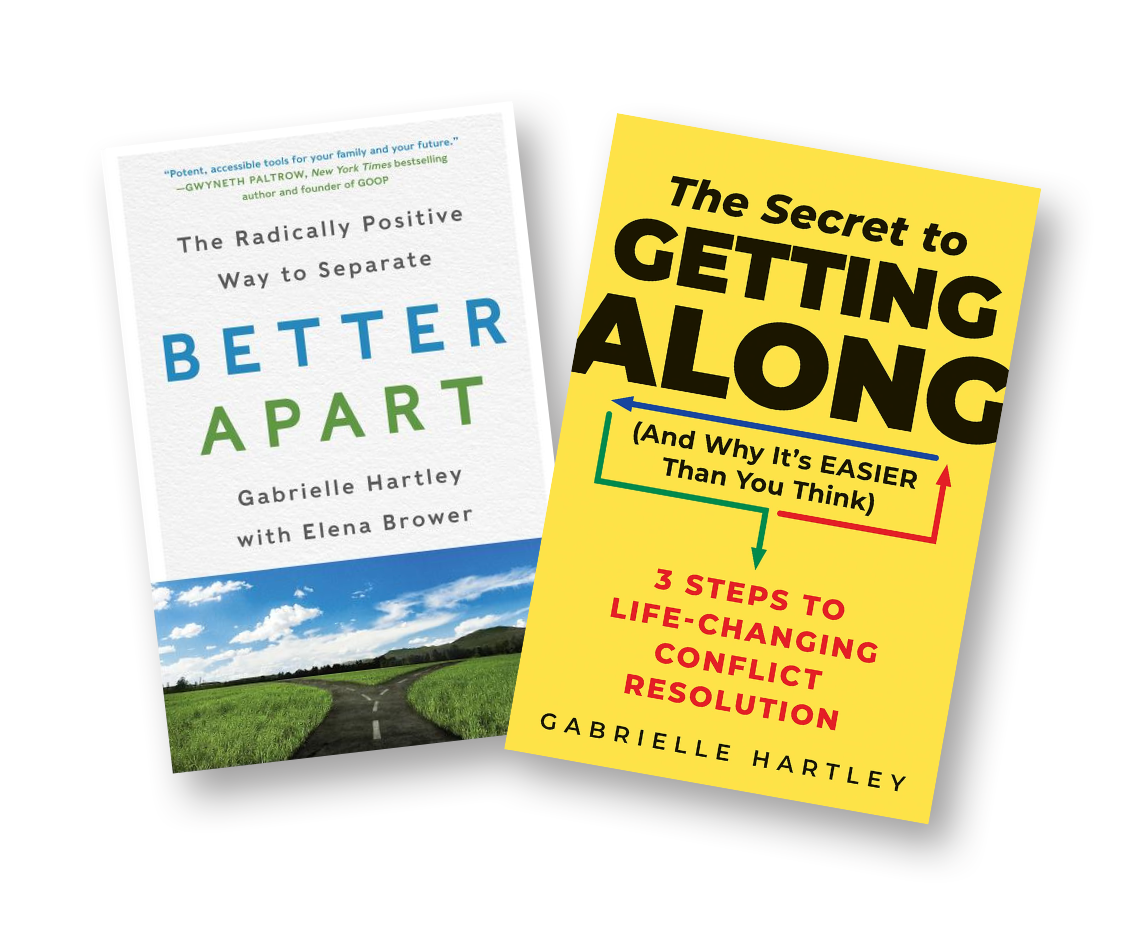5 Ways to Have a Peaceful Divorce Without Losing Your Mind

Divorce is a grueling process that can drain couples and their families. But while it’s difficult for it not to leave negative effects, having a peaceful divorce can help families heal better.
A study on divorce in journal Frontiers in Psychology found that people who have come out of a divorce go through more mental and physical stress than the regular population, especially when there was a significant conflict in the relationship. These struggles can lead to the onset of symptoms like stress, anxiety, depression, and social isolation — all of which can take an immense toll on your mind.
Although divorce remains a complicated process, interventions have helped couples navigate divorce and reduced its negative impacts.
If you are going through the divorce process, here we suggest five ways to have a peaceful divorce without losing your mind:
1. Overcome the need for perfectionism.
Fear, regret, and guilt are often driving emotions in deciding a divorce, and these feelings are only amplified by perfectionism. Our post “5 Ways Perfectionism Can Affect Your Decision To Divorce” defines perfectionism as a highly critical mindset.
It may make you hide your true feelings from peers and affect your relationship decisions — having the unintended consequence of ruining yourself just for the sake of others. Although challenging, it’s essential to let go of perfectionism and accept that mistakes are part of the learning process, especially when you are aiming for a peaceful divorce. Practicing self-compassion can help you make difficult choices that can lead to happiness in the future.

2. Build a support network.
As mentioned earlier, self-compassion can go a long way in helping you make tough choices. You may feel lost in this situation, so having someone to talk to about your concerns can help you overcome emotional burdens.
Platforms like the peer-to-peer network Supportiv acknowledge how challenging it can be to move forward from a divorce, which is why it addresses under-served struggles and their accompanying distress. You can better face your struggles without feeling alone through external support, improving your mental health.
3. Consult with a neutral professional.
Making sound decisions upon divorce can be challenging, especially concerning your children. On top of complicated legal processes, it’s necessary to consult experts who can offer support.
Maryville University’s insights on custody concerns note how forensic psychologists are equipped with hands-on training in clinical psychology, making them optimal consultants. They can advise you on the best course of action for your children, prepare you for a custody evaluation and develop appropriate parenting plans after the divorce. In addition, attorneys like Gabrielle Hartley can guide couples in communicating outside court while resolving high-conflict court cases. Through neutral professional help, you and your ex-partner can reach an acceptable compromise without using your children as leverage.

4. Avoid bitterness when splitting assets.
In addition to children’s custody, the division of assets and debt is another crucial part of a divorce. You may make rash financial decisions if you act on bitter or angry feelings. Some drastic measures people take to “punish” their ex include hiding or draining assets, which often isn’t taken lightly by the court and may negatively affect the final distribution.
Instead, you can have a more peaceful divorce when you focus on specific facts and figures you can work with your lawyers, such as receipts, documents, and other reliable sources of information. If you can talk to your spouse, being civil can help you choose which assets you prefer to keep — easing your mind on what is considered fair.
5. Find a common ground.
For most divorcing couples, their children are their common ground in making the best decisions, although this can also be a pet or another relative. When communicating with your spouse is difficult and mentally draining, you can shift your focus from negative feelings to your love for your children. This not only keeps your children at the center, not the middle, of your divorce but also ensures the greater good of the family is prioritized.
For some parents, ensuring their children’s needs are met can empower them in the process, helping them make wiser decisions towards preserving the peace of the divorce.

About the Author
JBrannan is a writer who enjoys tackling the more difficult topics. Her work centers around finance, relationships, and mental health. She loves to jog and meditate in her free time.



About the Author
JBrannan is a writer who enjoys tackling the more difficult topics. Her work centers around finance, relationships, and mental health. She loves to jog and meditate in her free time.


FOLLOW GABRIELLE


DISCLAIMER: The commentary, advice, and opinions from Gabrielle Hartley are for informational purposes only and not for the purpose of providing legal advice or mental health services. You should contact an attorney and/or mental health professional in your state to obtain advice with respect to any particular issue or problem.
- One Edgewater Plaza Suite 304, Staten Island, NY 10305
- 266 Smith Street, Brooklyn, NY 11231
Northampton MA
PHONE:
New York: (917) 905-4553
Boston: (413) 450-0420








